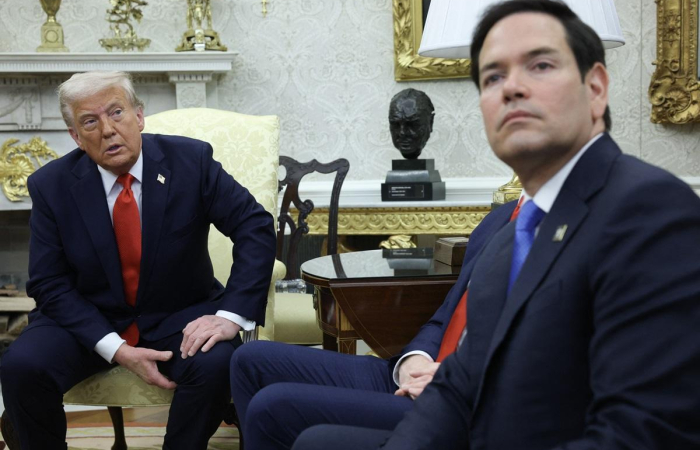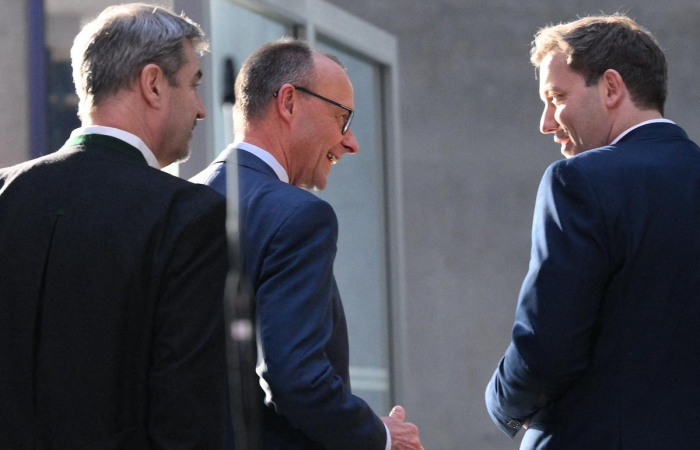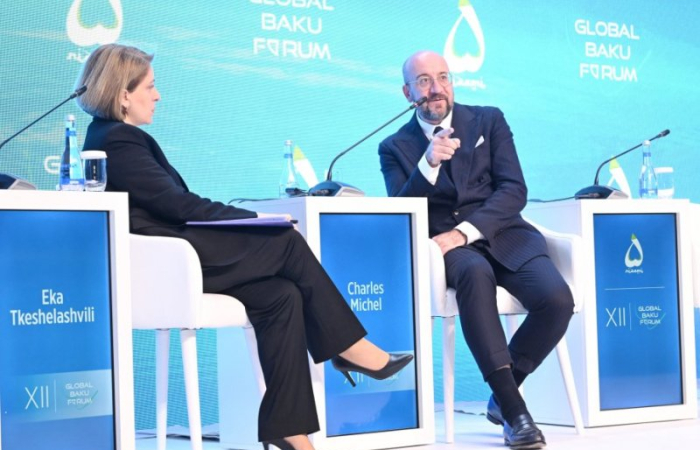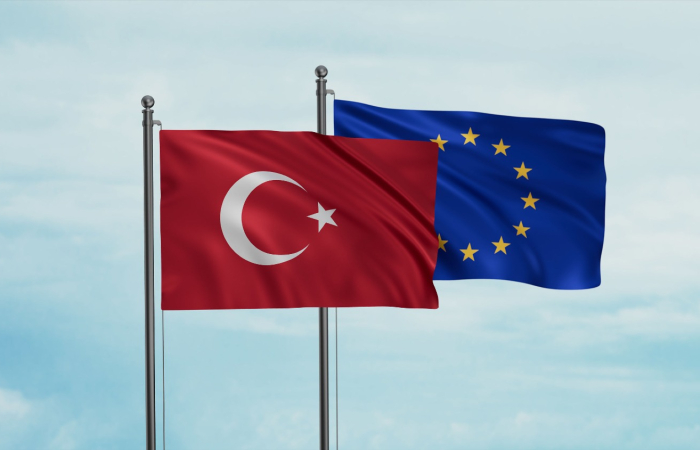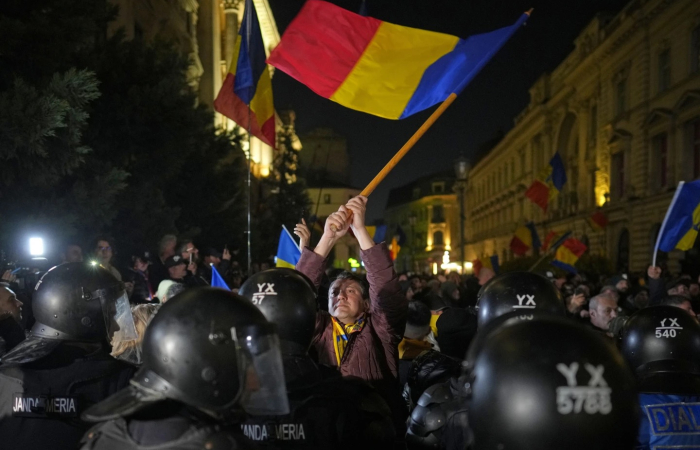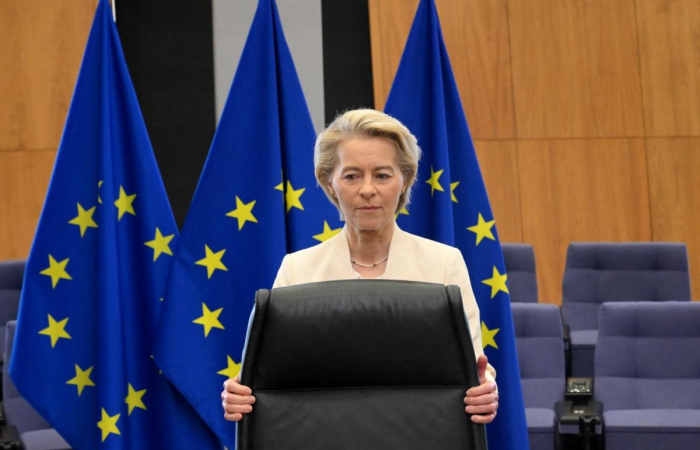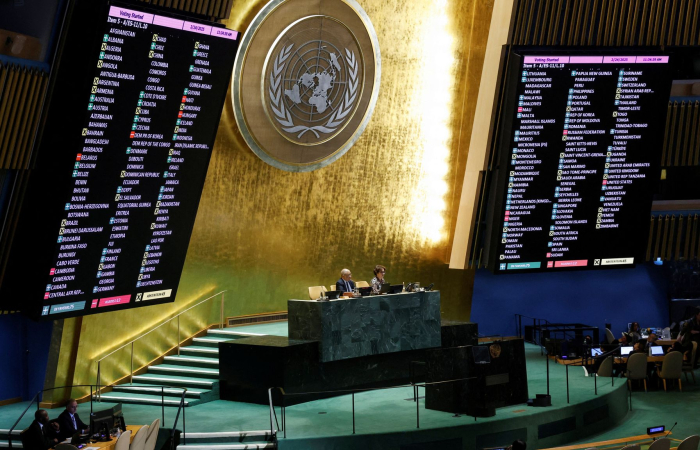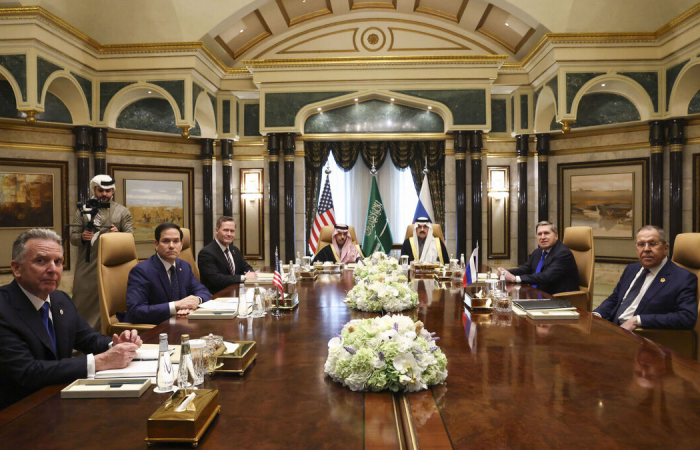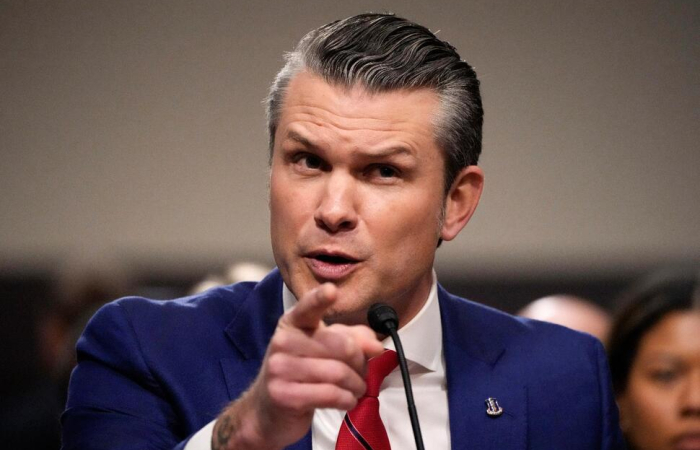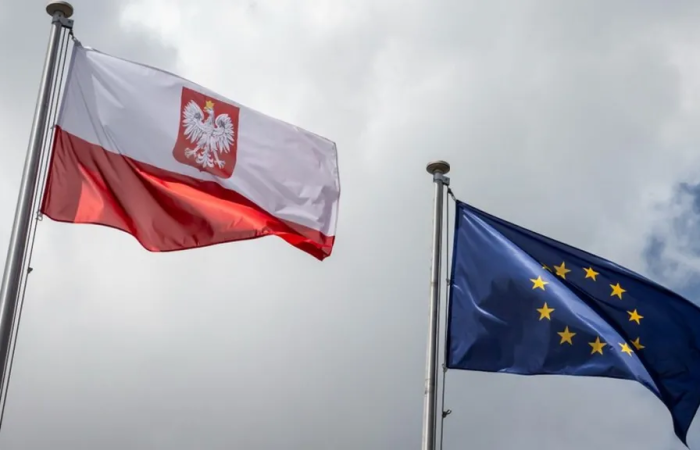Trending
High level U.S. talks with Europeans on ending the Russia-Ukraine war
17 April 2025
Secretary of State Marco Rubio and Steve Witkoff, President Donald Trump’s special envoy, is travelling to Paris for talks with European allies on U.S. efforts to negotiate a peace deal between Russia and Ukraine. The State Department said Rubio and Witkoff would be in the French capital Thursday for the meetings. The officials will have “talks with European counterparts to advance President Trump’s goal to end the Russia-Ukraine war and stop the bloodshed,” department spokeswoman Tammy Bruce said in a statement on Wednesday.



